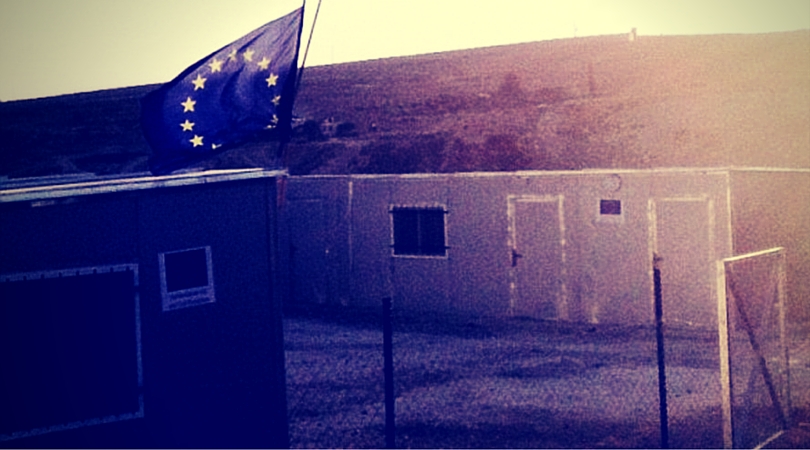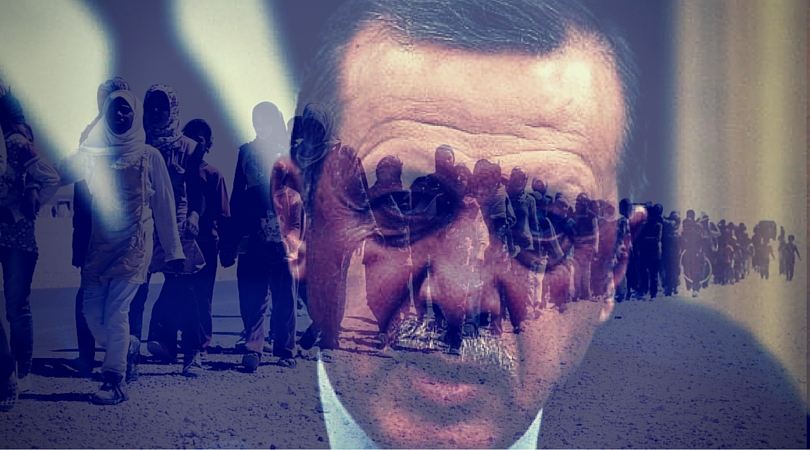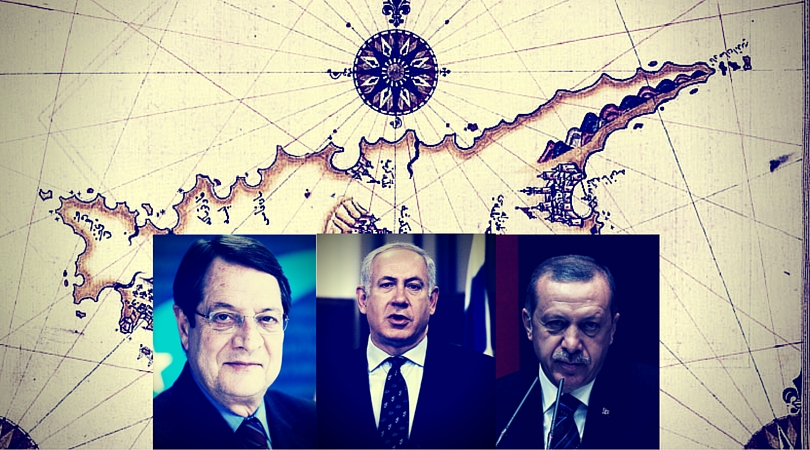The old adage “the enemy of my enemy is my friend” has been an increasingly confirmative rule in middle eastern governing circles. With the collapse of American hegemony in the region that has caused a resurgent Russia and Iran to take charge of areas that stretch from Iraq to Levant, countries normally at odds with one another have found the strange inclination to actually form alliances to offset the bear and the ayatollahs.
The Turkish-Israeli rapprochement took many people by surprise, but in the current geopolitical realities, the détente makes perfect sense. Keep in mind Turkey, Israel, Saudi Arabia, and Egypt all have the same enemy in Iran and fellow Shiite travellers. Throw Putin’s Russia into the mix and the Sunni states were very quick to find the only other middle eastern nation they could bring in. The danger of Iran and Russia is so great for these forces, Palestinian issue, which has long been used as a foil to placate the Arab street has been move to the back of the Sunni’s list of priorities.
Israel as the Anchor
Israel is actively seeking a cornerstone role in the wide-ranging alliance forming in the western part of the middle east. One can already see this in the gas deals being built between Egypt, Greece, Cyprus, and Israel. With Turkey being brought on board, Israel’s role in bringing old foes to the same table is not being missed, especially by Russia, who thought it had Erdogan cornered.
Israel’s game is to offset Russia’s power play to its north by giving a lifeline to Turkey, Russia’s age-old adversary. For now it seems to be working, although it is clear Russia is remains unnerved by the “Great Game” and is willing to pressure Israel by backing up Iranian, Syrian, and Hezbollah forces on the Golan border.
What About the Kurds?
Kurdistan as it is known by all Kurdish people across the middle east is spread across northern Syria, Iraq, southern Turkey, and western Iran. Turkey’s main challenge is to dissuade the Kurds from working directly with Russia. If they are not able to, then Russia will have a fifth column of 10 million strong disenfranchised Kurds inside Turkey to use as leverage if needed.
Right now, barring a severe flare up in Israel’s northern border the “Great Game” of the middle east is in its early phases. Geo-political maneuvering is still fresh and fluid. Russia may opt to play neutral in the burgeoning alliance system and let Iran and Syria go it alone. Russia may also be able to convince Israel to remain neutral as well in exchange for security promises. No matter the outcome, this “Great Game” will not take 100 years like the last one as America’s pull back has shuffled the deck and wrought chaos on what was already considered a chaotic region.



